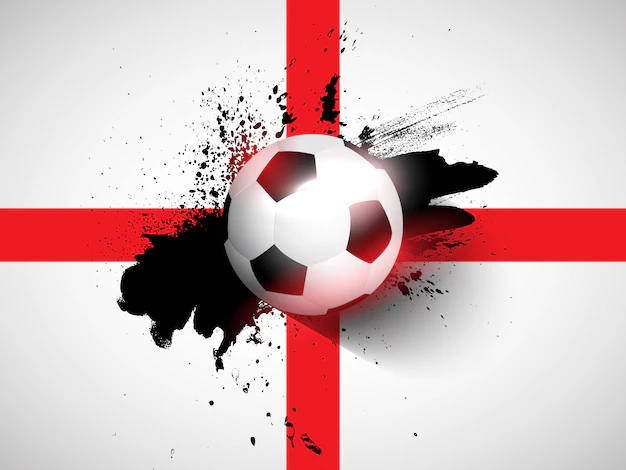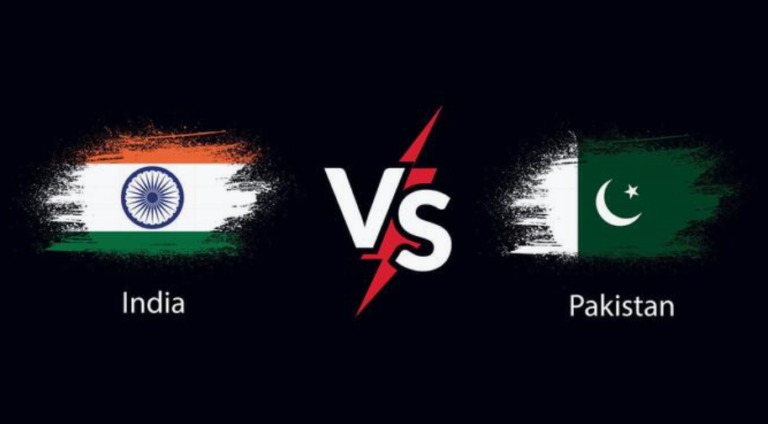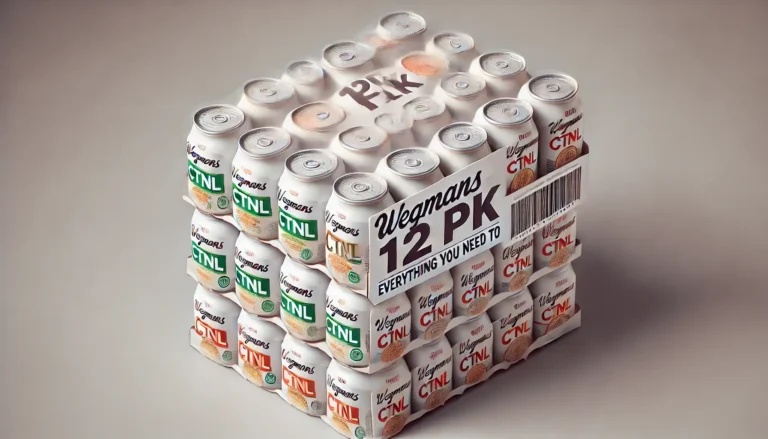
Manchester United Football Club, known worldwide as “The Red Devils,” is one of the most iconic and successful football clubs in history. With its roots deep in Manchester, England, this club is more than just a football team; it’s a symbol of resilience, excellence, and passion. From its early days as Newton Heath to its modern status as a global powerhouse, Manchester United has left an indelible mark on football.
Early Days: The Birth of a Legacy
Manchester United was founded in 1878 as Newton Heath LYR Football Club by railway workers from the Lancashire and Yorkshire Railway depot. Initially, the club played in regional competitions, but financial difficulties threatened its existence in the early 1900s. Salvation came in 1902 when local businessman John Henry Davies invested in the club, renaming it Manchester United.
This change marked a turning point. United secured its first league title in 1908 and its first FA Cup in 1909, signaling the rise of a team destined for greatness.
The Busby Babes and the Munich Tragedy
The post-World War II era saw the arrival of Sir Matt Busby as manager in 1945. Busby’s philosophy of nurturing young talent and playing attractive, attacking football revolutionized the club. The team, famously known as “The Busby Babes,” captured the imagination of football fans with their skill and youthfulness, winning league titles in 1956 and 1957.
Tragedy struck on February 6, 1958, when a plane carrying the team back from a European Cup match crashed in Munich. The disaster claimed the lives of 23 people, including eight players, and devastated the footballing world. Despite the heartbreak, Sir Matt Busby rebuilt the team, embodying the spirit of resilience.
A decade later, Busby’s rebuilt side, featuring legends like George Best, Bobby Charlton, and Denis Law, won the European Cup in 1968. This victory was not just a triumph for the club but also a tribute to those lost in Munich.
The Ferguson Era: Unparalleled Dominance
If Busby laid the foundation, Sir Alex Ferguson turned Manchester United into a global empire. Appointed in 1986, Ferguson’s early years were challenging, but his determination and vision transformed the club into a dominant force.
Under Ferguson, Manchester United won 13 Premier League titles, five FA Cups, four League Cups, and two UEFA Champions League trophies. The 1998-99 season, in which United secured the Premier League, FA Cup, and Champions League treble, remains a highlight in the club’s history.
Ferguson’s ability to evolve and rebuild squads was key to his success. From the Class of ’92, which included Ryan Giggs, Paul Scholes, and David Beckham, to the arrival of stars like Cristiano Ronaldo and Wayne Rooney, Ferguson ensured Manchester United remained at the pinnacle of football for over two decades.
Challenges Post-Ferguson

Ferguson’s retirement in 2013 marked the end of an era, and the club has struggled to replicate his success since. Managers like David Moyes, Louis van Gaal, José Mourinho, and Ole Gunnar Solskjær have come and gone, each with varying degrees of success.
The club has secured trophies, including the FA Cup (2016), EFL Cup (2017), and UEFA Europa League (2017), but has yet to regain its dominance in the Premier League and Europe.
Current Era: Rebuilding Under Erik ten Hag
Erik ten Hag’s appointment as manager in 2022 signaled a new chapter for Manchester United. The Dutchman brought a tactical and disciplined approach, focusing on rebuilding the squad with a blend of experienced players and young talents like Marcus Rashford, Bruno Fernandes, and Jadon Sancho.
While challenges remain, the club’s recent performances suggest a brighter future. United fans are hopeful that ten Hag can guide the team back to the summit of English and European football.
Global Influence and Fanbase
Manchester United’s impact extends far beyond the football pitch. With an estimated fanbase of over a billion people, the club is a global brand. The “Theatre of Dreams,” Old Trafford, is one of the most famous stadiums in the world, drawing visitors from all corners of the globe.
Commercially, United has led the way, securing lucrative sponsorship deals with companies like Adidas, Chevrolet, and TeamViewer. However, the club’s financial model under the Glazer family’s ownership has drawn criticism from fans, leading to protests and calls for greater transparency.
Rivalries and Memorable Moments
Manchester United’s rivalries, particularly with Liverpool, Manchester City, and Arsenal, are among the fiercest in football. Matches against Liverpool, dubbed the “Northwest Derby,” are particularly intense, reflecting the historical and regional competition between the two clubs.
United’s history is filled with unforgettable moments. From George Best’s dazzling dribbles to Eric Cantona’s charisma, from Cristiano Ronaldo’s brilliance to Ole Gunnar Solskjær’s dramatic last-minute winner in the 1999 Champions League final, the club has provided countless memories for fans worldwide.
Looking Ahead
As Manchester United strives to reclaim its position at the top of world football, the focus remains on building a strong and cohesive team, investing in youth development, and maintaining its identity as a club that embodies passion and resilience.
While the journey ahead is challenging, the legacy of Manchester United offers hope. The club has risen from adversity before and continues to inspire millions with its unwavering commitment to excellence.
Conclusion
Manchester United’s story is one of triumphs, tragedies, and comebacks. From the days of Sir Matt Busby to the dominance under Sir Alex Ferguson and the challenges of the modern era, the Red Devils remain a beacon of footballing greatness.
For fans and neutrals alike, Manchester United is more than a club—it’s a symbol of what can be achieved with determination, passion, and resilience. The future may hold uncertainties, but one thing is certain: Manchester United will forever be etched in the annals of football history.







